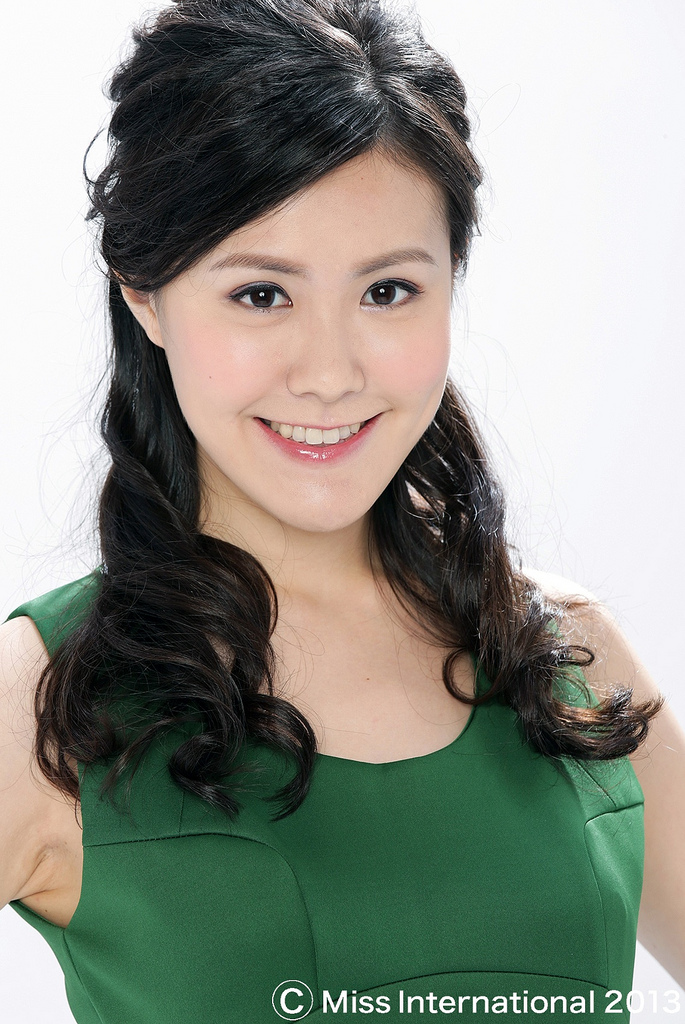Pui Yuet, also known as "sitting the month" or "confinement period," is a traditional Chinese practice that focuses on postpartum care for new mothers. This practice is believed to help the mother recover from childbirth and regain her strength after giving birth.
During the pui yuet period, which typically lasts for 30 to 40 days, the new mother is encouraged to rest and recuperate while following a set of dietary and lifestyle restrictions. These restrictions are aimed at promoting healing and preventing illnesses in the future.
One of the key elements of pui yuet is the emphasis on consuming nourishing foods that are believed to help the mother recover from childbirth and promote milk production. These foods often include soups, herbal teas, and dishes prepared with specific ingredients that are thought to have healing properties.
In addition to dietary restrictions, new mothers are also encouraged to avoid activities that are considered strenuous or harmful during the pui yuet period. This often includes avoiding cold foods and drinks, refraining from bathing or washing their hair, and limiting physical activities.
Pui yuet is not only focused on the physical recovery of the new mother but also on her emotional well-being. Family members and caregivers are often involved in providing support and assistance to the new mother during this period, helping her with household chores and caring for the newborn.
While pui yuet is deeply rooted in Chinese tradition and culture, it has gained popularity in other parts of the world as well. Many new mothers, regardless of their cultural background, are embracing the principles of pui yuet as a way to prioritize self-care and recovery after childbirth.
Despite its benefits, pui yuet has also faced criticism and scrutiny from some healthcare professionals. Critics argue that some of the dietary restrictions and practices associated with pui yuet may not be based on scientific evidence and could potentially be harmful if followed blindly.
However, proponents of pui yuet maintain that the practice has been passed down through generations and is based on the belief that it can help new mothers recover and regain their strength after childbirth. They argue that while modern medicine has its place, traditional practices like pui yuet should not be dismissed outright.
As more attention is being paid to postpartum care and maternal health, the practice of pui yuet continues to be a topic of interest and discussion. While opinions on pui yuet may vary, one thing is clear – the well-being of new mothers should always be a top priority.
In conclusion, pui yuet is a traditional Chinese practice that focuses on postpartum care for new mothers. While it has its critics, many women find comfort and support in following the principles of pui yuet during the crucial postpartum period. As the conversation around postpartum care continues to evolve, pui yuet remains a significant aspect of maternal health and well-being.
Keywords: pui yuet, pui yuet confinement, pui yuet diet, pui yuet rules, pui yuet traditions, pui yuet practices, pui yuet food, pui yuet culture, pui yuet benefits, pui yuet controversy
Discover The Best Flashlight Headlamp For Your Needs
Rina Palenkova Cause Of Death
Nicole Madison Lovell: A Tragic Story Of A Young Girl's Life Cut Short


